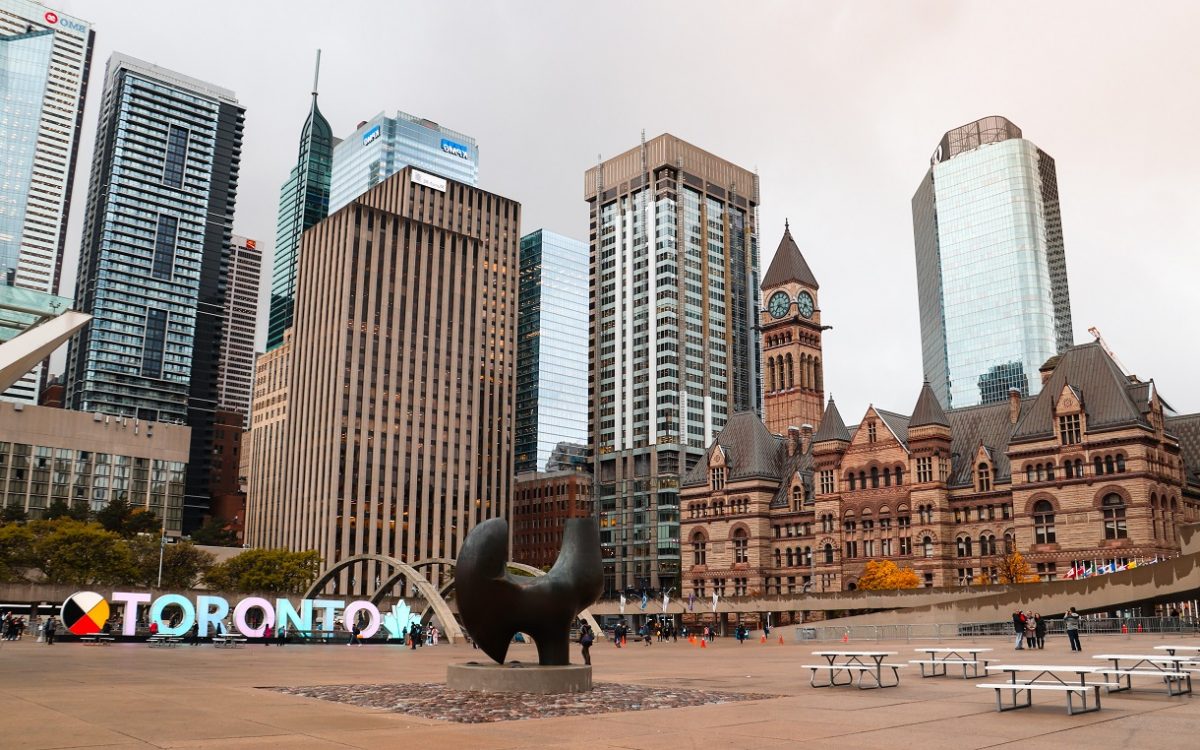This claim arose from a single-vehicle accident. The plaintiff suffered catastrophic brain injuries. He sued the alleged driver of the vehicle (who denied being in the vehicle at the time), as well as Aviva, his underinsured/uninsured/OPCF44 protection provider. Aviva had sworn an affidavit of documents (AOD) in July 2017 and served it in June 2019, prior to the plaintiff serving a sworn AOD. The plaintiff did not attend the discovery and brought a motion striking the Notice of Examination and Certificate of Non-Attendance. Justice MacLeod-Beliveau held that Avivas AOD did not comply with the Rules for two reasons: (1) It did not contain all of the documents in Avivas possession, control, or power at the time it was served. Avivas strategy of swearing the affidavit two years prior to serving it was clearly meant as a strategy to avoid disclosing documents prior to the examination for discovery. Justice MacLeod-Beliveau held that the Rules required the affidavit to be current as of the time of serving it in order to exercise the right of first discovery. (2) It did not contain all of the policy documentation. Although auto insurance is highly regulated in Ontario, and all policy documents were available to the plaintiff online, the Rules required Aviva to include copies of the policy and the endorsements in place at the time of the accident. Justice MacLeod-Beliveau ordered that the defendants all be examined for discovery first, and that the plaintiff be examined last. She noted that under the Rules of Professional Conduct, counsel for the plaintiff was not permitted to tell the plaintiff the evidence of the defendants, so Avivas concerns about the tailoring of evidence was not overly relevant.




